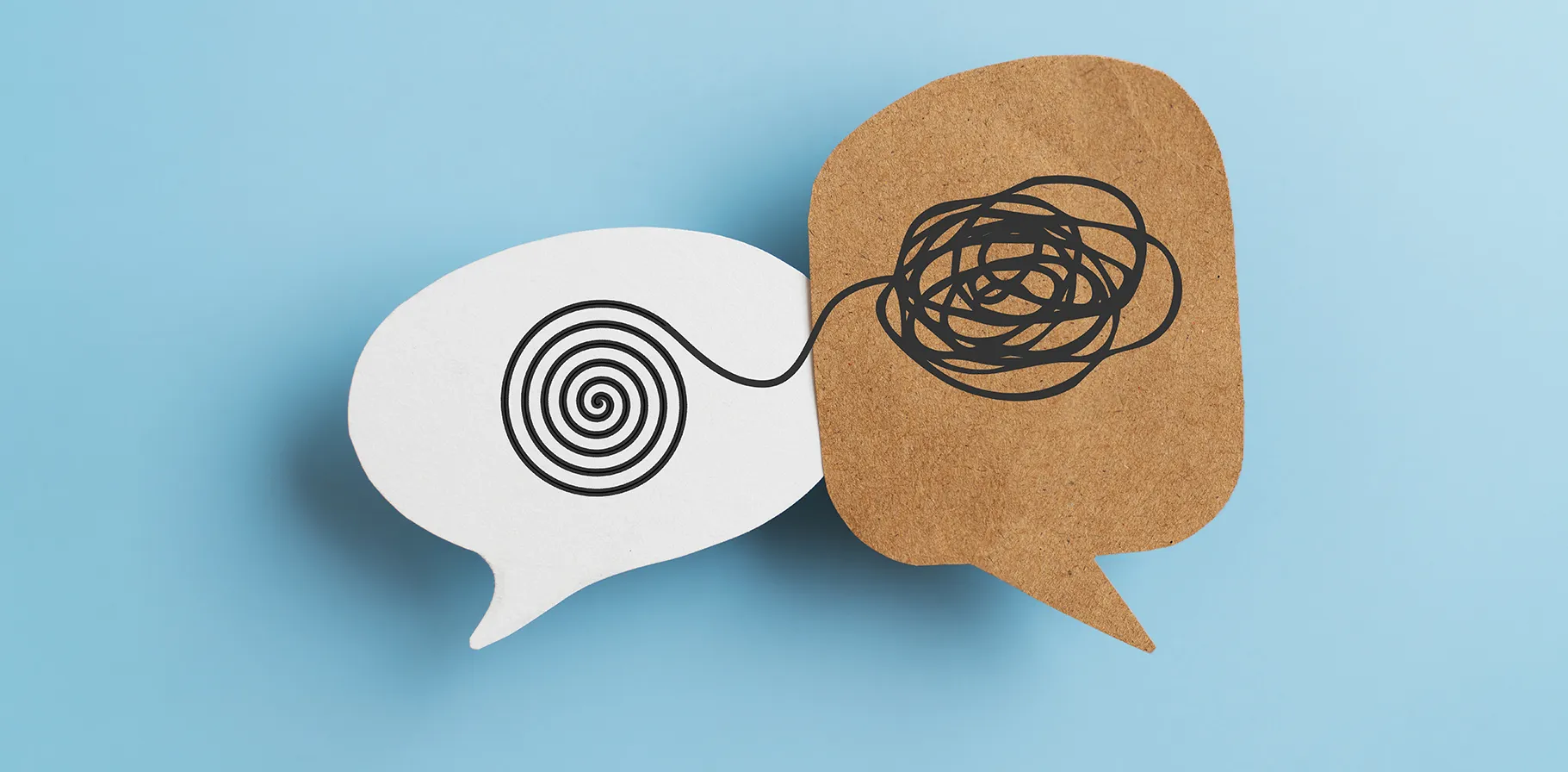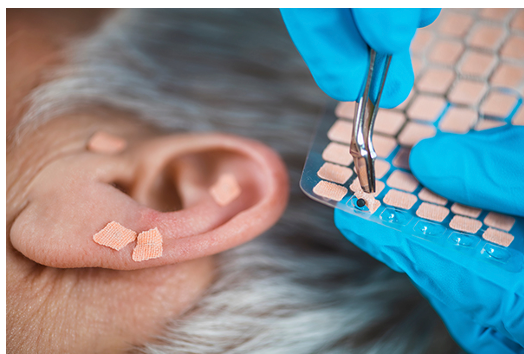Learn what speech therapy is and who can benefit the most

Speech therapy is a treatment method that aims to assess and help people suffering from speech disorders and communication problems. Professionals performing these therapies are speech-language pathologists (SLPs), often referred to as speech therapists who work in the field of speech-language pathology. Speech and language therapists are tasked with evaluating and treating voice disorders, swallowing disorders, and communication problems.
Speech therapists use various techniques to improve your ability to communicate. Some of these methods include language intervention activities, articulation therapy, and many others. Depending on the type of problem you have, your therapist will decide which technique is more likely to work the best.
Noteworthy to mention that while some speech disorders develop in childhood, others can happen later in life - during adulthood - due to a disease or a brain injury.
Who needs speech therapy?
Many people can benefit from speech therapy. Here is a list of the most common conditions that speech-language pathologists can help with.
According to the American Speech-Language-Hearing Association's (ASHA) definition, cognitive-communication disorders are characterized by difficulty with any aspect of communication affected by disruption of cognition. Put it simply, people with the condition have trouble communicating because of an injury to the part of the brain that controls their ability to think. This condition can manifest itself in multiple ways, such as memory issues, trouble with problem-solving, speaking, or listening.
Those suffering from an articulation disorder have real trouble forming certain word sounds appropriately. One way to pinpoint whether your child has this condition is to look for any dropped, swapped, or distorted word sounds.
If you have been diagnosed with a receptive language disorder, you understand how frustrating this condition can be. People with this diagnosis have difficulty understanding and processing what others say. Living with receptive disorders can be particularly troublesome because it can isolate you from others. Since you cannot understand what you are being told, it is easy to lose focus and concentration when others speak to you. Your vocabulary can also suffer. Autism and hearing loss can both lead to the development of receptive language disorders.
Contrary to receptive disorders, those suffering from expressive language disorders have a challenge when expressing themselves verbally. Forming sentences incorrectly and using the incorrect verb tense are both signs of the disorder. Hearing loss and Down syndrome are both associated with the condition.
Who else can benefit from speech therapy?
As you can see, people with a multitude of communication and language problems can benefit from speech therapy. Other conditions that likely require the expertise of an SLP are:
- resonance disorders
- fluency disorders
- aphasia
- dysarthria
How does speech therapy work?
While there are significant differences between the way speech therapy is conducted with adults versus children, in both cases, the first step is that the SLP assesses the type of language disorder. Once the diagnosis has been made, the therapist proposes the best way to treat the problem.
For children, therapy may be in a classroom setting, in a small group environment, or one-on-one. Based on the specific disorder, the SLP recommends the best possible activities and exercises to help improve the condition.
For adult patients, speech therapy exercises most commonly focus on improving cognitive communication, swallowing function, language, and speech. Some exercises SLPs may recommend are memory activities, conversational tactics, and oral muscle-strengthening practices.
How long should speech therapy last for it to work?
There is no set amount of time that is universally recommended. Instead, the duration of therapy depends on various factors. For instance, age, the severity of speech disorder, and the underlying medical condition.
Some see results after a reasonably short period, while others may need speech therapy for years.
Does speech therapy work?
Once again, no general rule applies here either. Some people experience rapid improvement; others may see only marginal change in their condition. Again, it largely depends on the severity of the disorder and how well the underlying medical condition is managed. Typically, however, it is best to begin speech therapy as early as possible for a noticeable improvement in communication.















